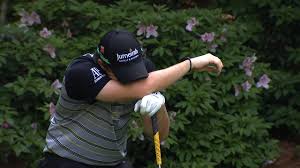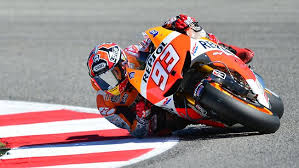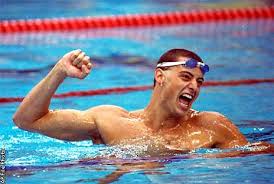“The greatest discovery of my generation is that man can alter his life simply by altering his attitude of mind.” ~James Truslow Adams.
For the past few years it feels like the entire world has been living through a bad dream. People have been grappling with extraordinary disruption as a result of the Covid pandemic, war in Europe, an energy crisis, and a world-wide economic downturn. Each and every one of us has been, in on our own unique way, on our own volatile and uncertain change journey. While it is totally natural to feel anxious and concerned, there is also opportunity in every crisis.
How can you use this time to step back and reflect on where you are going? Can you use the time to plan for the future? What can you learn about yourself from your own reactions to what is going on? Can you get yourself more grounded or more organised? Can you develop yourself and learn new skills that you have been putting off because you never have the time? How can you thrive in this new reality rather than getting mad at what you have lost or being scared by an uncertain future?
There’s never been a more important time to take stock of where you are, and where you going, than NOW! Act now and benefit from professional coaching, using the latest communications technology, ensuring no need for face to face meetings. Find your Vital Edge, reignite your business, your career and maybe even your life? A SPECIAL INTRODUCTORY OFFER applies to all responses received.
All enquiries and the initial sessions are FREE.
Drive up the quality of LEADERSHIP, COMMUNICATION and PERFORMANCE in your business NOW.
Leave your details on the Contact Us Page or call the number shown at the top right hand corner to take up this offer. What have you got to lose?
…. PLUS +++ EVERYONE WHO SIGNS UP FOR COACHING WILL RECEIVE A FREE COPY OF THE VITAL EDGE…..
**********************************
THE VITAL EDGE IS AVAILABLE ON AMAZON.
Click on the Book Cover icon on the Home Page or go to “The Vital Edge” tab on the menu above…..
Readers comments :
“So what is different about this book?
Well, I enjoyed the greater depth that Louis has provided around the role of the brain. I liked his focus on emotional intelligence, as well as some of the new learning from neuroscience.
Overall, a useful addition to the lexicon. Very readable and valuable to leaders and coaches.” ~ Bob
“This book is a joy ….. the Vital Edge is 3 books in 1.
The reason this book is such a success is that Louis is able to write about these subjects with passion and credibility because he has a proven track record in sport, business, personal improvement, and psychology.” ~ Pete
“As a professional executive coach with more than 20 years experience working with blue chip organisations, I will be strongly recommending this book to other coaches and clients.” ~ Doug
“Being an athlete, an improving coach and a sports policy maker makes your book talk to me in a very personal way. Its as if you have written this book just for me. I love it so much putting it down is a problem. All the elements that bind sport and business are there.” ~ Jessie
“An enjoyable and thought provoking read……I like the use of “ponder points” , a good way to provoke thought as an individual or part of a team review. No psycho babble here…….clear and concise reasoning to support the many aspects of the mind, motivation and maximising business performance.” ~ Bruce







